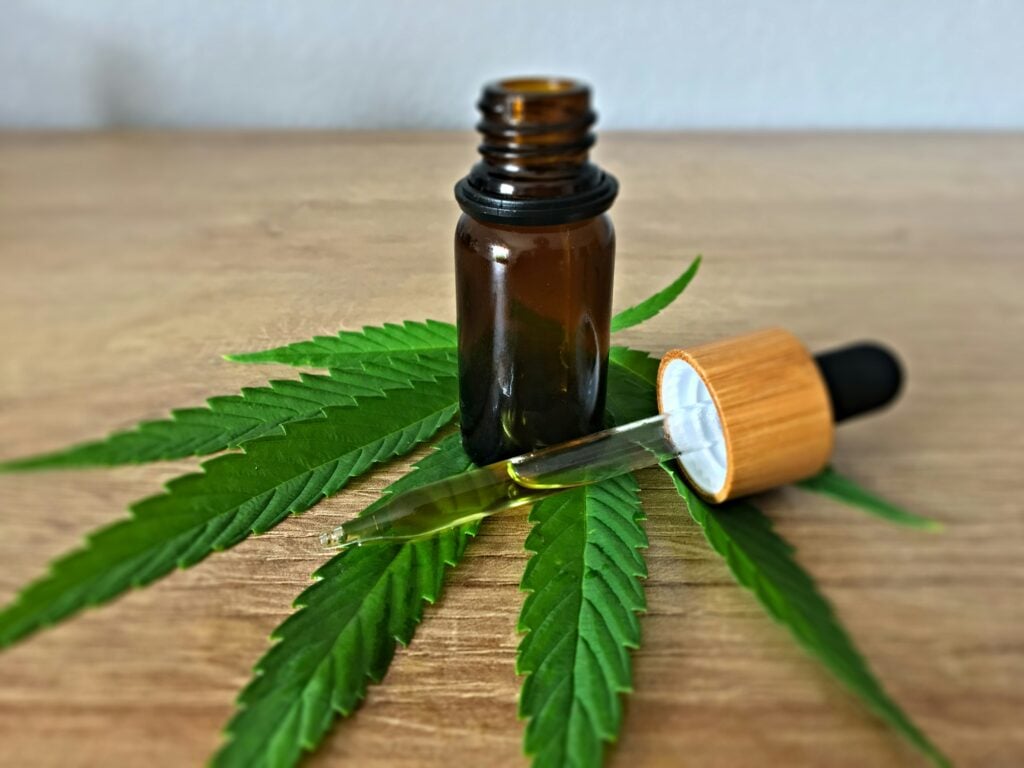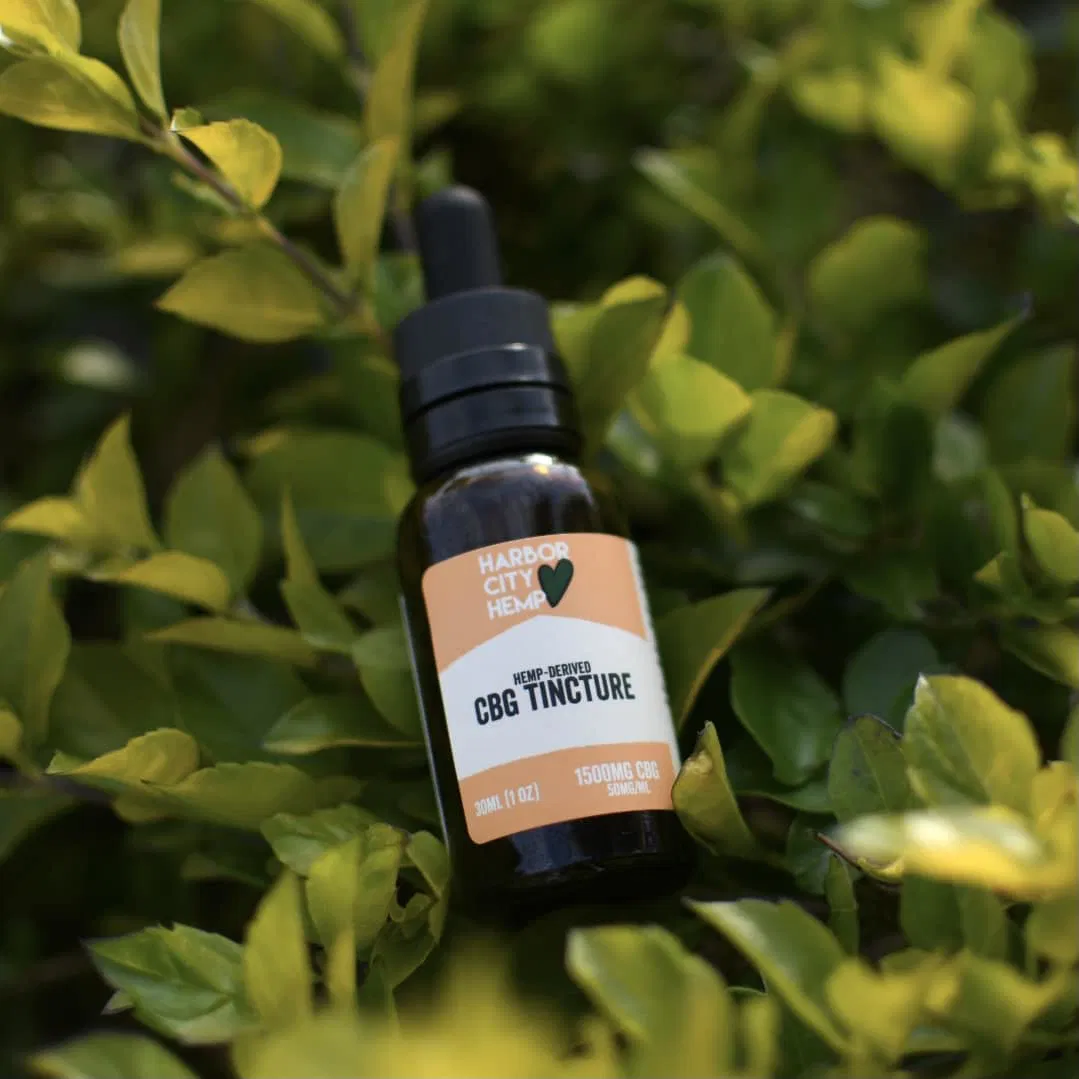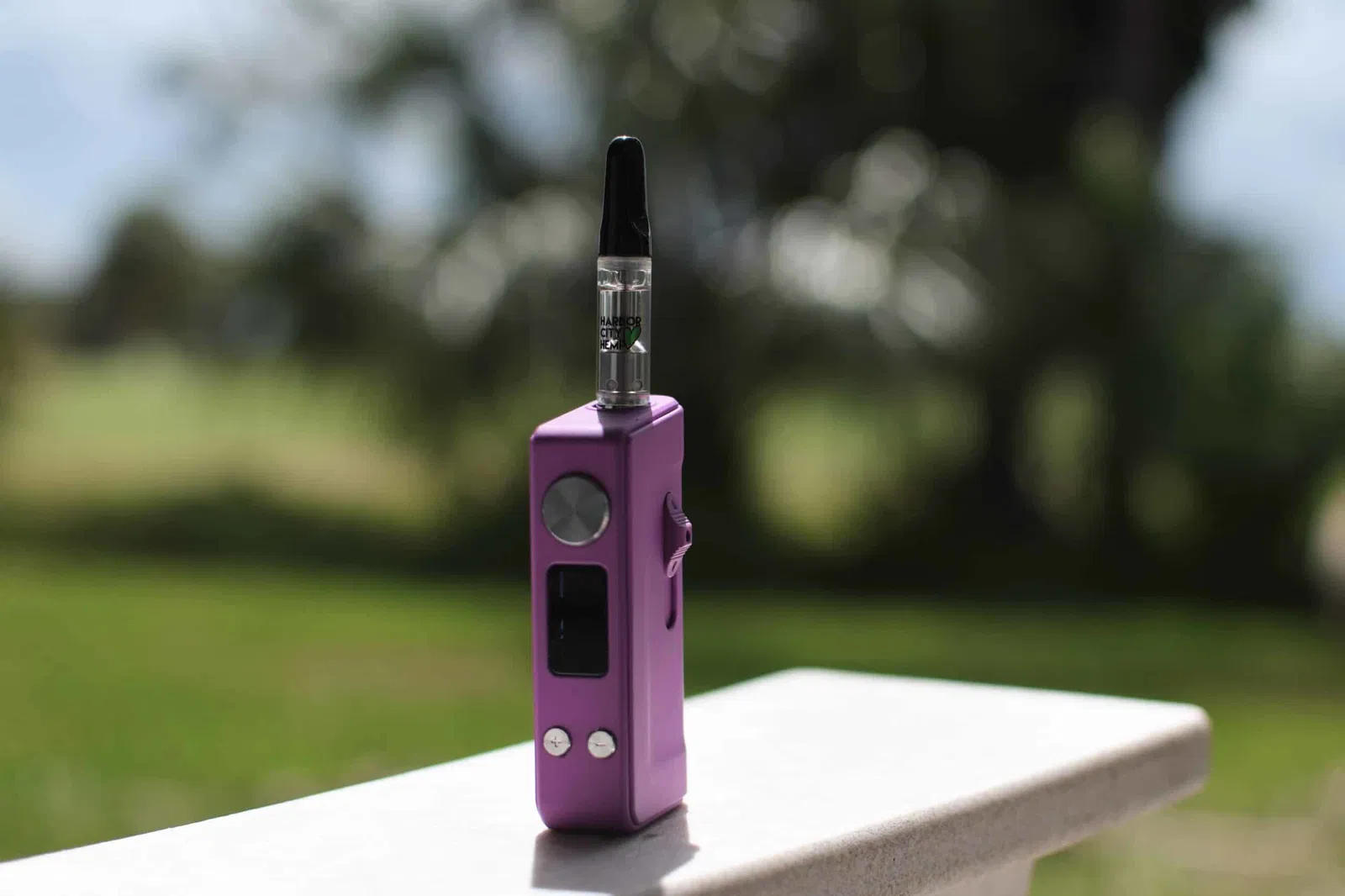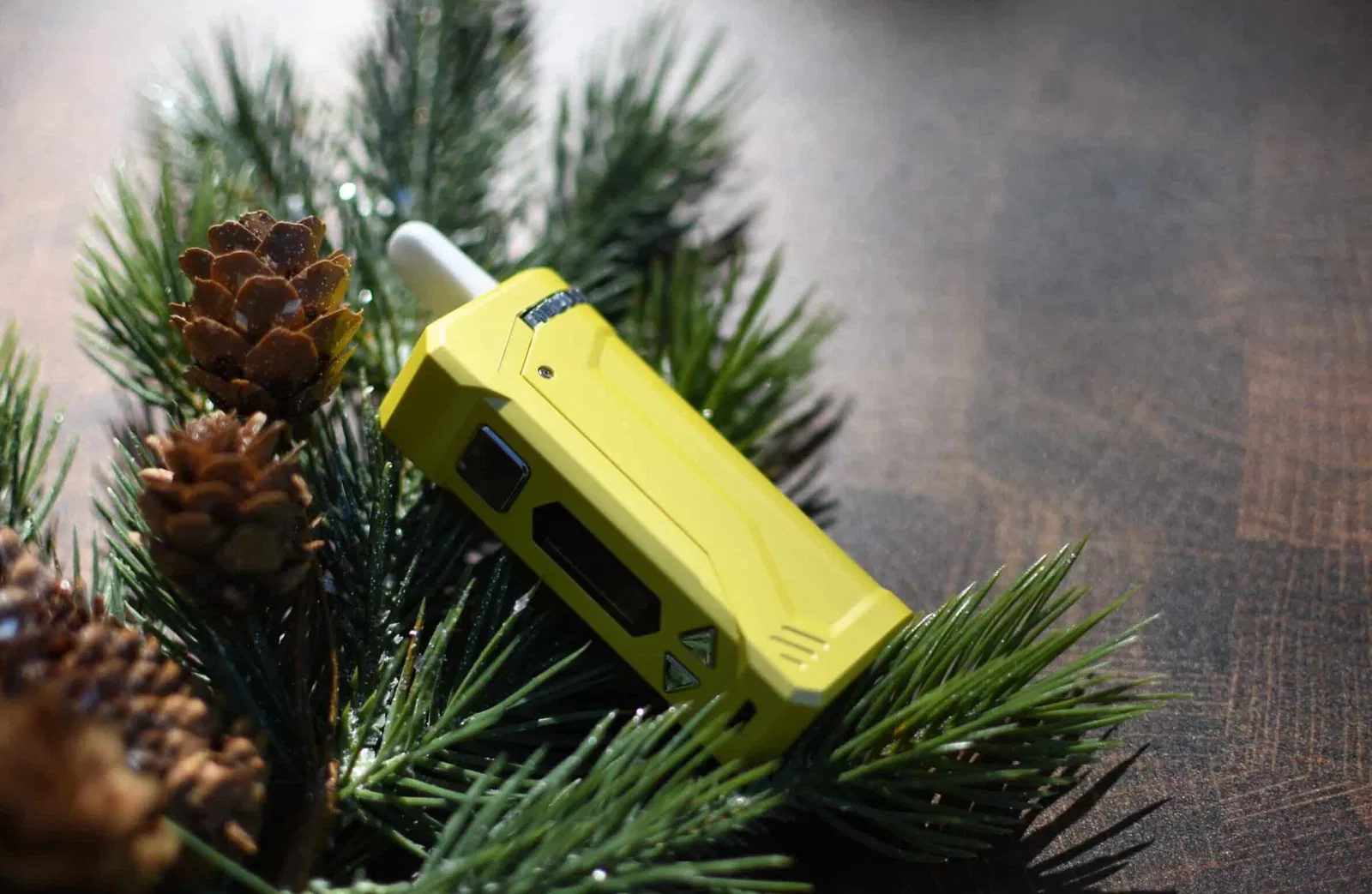Natural remedies are making a big splash today, and CBD and hemp oil are two of the most popular options. But what’s the difference between them? Many people find it tricky to tell them apart, especially with all the hype around CBD products in recent years.
In this blog, we’ll break down the main differences between these two oils, along with the benefits and best ways to use each. We’ll guide you through the basics—what each oil is, where it comes from, and the key difference between hemp and CBD.
What is Hemp Oil vs CBD Oil?
Though CBD oil and hemp oil both come from the Cannabis sativa plant, they’re not the same and won’t deliver the same effects. Here’s how they differ in source, composition, and uses, making each unique in its way.
Hemp Oil: Derived from Hemp Seeds
Hemp oil (often called hemp seed oil) is extracted from the hemp plant’s seeds. The extraction process is similar to getting other seed oils like sunflower or canola oil, typically involving cold-pressing. Hemp seeds naturally lack cannabinoids, so hemp oil doesn’t contain compounds like CBD or THC and won’t have psychoactive effects. However, it’s rich in polyunsaturated omega-6 and omega-3 fatty acids, giving it a healthy balance ideal for nutritional and skincare uses.
Uses of Hemp Oil
Hemp seed oil is versatile. It’s popular in the kitchen as a nutritious ingredient in salad dressings and smoothies, as well as in skincare for its rich fatty acid profile. Thanks to its unique properties, it’s also gaining ground in industrial applications like lubricants, paints, and even plastics.
CBD Oil

CBD oil, on the other hand, is extracted from the flowers and leaves of the hemp plant. These parts of the plant contain cannabidiol, the cannabinoid people look for when they’re interested in CBD products. CBD oil comes in different forms, like tinctures, capsules, and even topical applications, making it easy to find a format that works for you.
Common Uses of CBD Oil
CBD oil is well-suited for people seeking an alternative product with CBD. It’s often used in tinctures, where a few drops can be added under the tongue, or in topical products for external application.
Key Differences: Hemp Oil vs CBD Oil
| Feature | Hemp Oil | CBD Oil |
| Source | Extracted from hemp seeds | Extracted from hemp flowers and leaves |
| Cannabinoid Content | No CBD or THC | Rich in CBD, no THC in most formulations |
| Common Uses | Cooking, skincare | Tinctures, capsules, topical applications |
| Main Benefits | Nutrient-rich, great for skin health | CBD-focused, versatile formats |
| Product Examples | Found in food and beauty products | Available through CBD Hemp Direct |
Difference Between Hemp and CBD
Hemp is a variety of the cannabis plant that’s grown for many uses. You’ll find hemp in everything from textiles to wellness products, thanks to its versatility. What’s unique about hemp is that it’s naturally low in THC, the compound responsible for the “high” in marijuana. So, while both hemp and marijuana come from the cannabis family, hemp is distinct in its applications and effects.
CBD is a compound within the hemp plant. It’s one of the many cannabinoids that the plant naturally produces, but unlike THC, it doesn’t create psychoactive effects. CBD is extracted from the flowers and leaves of hemp, not the seeds. These plant parts are rich in cannabinoids, which makes them ideal for products aimed at people interested in CBD.
How CBD Is Made from Hemp
The hemp plant produces CBD through its flowers, which are the primary source of cannabinoids. Extracting CBD from these flowers gives us CBD hemp flower, a popular option for people who prefer a raw, natural experience with hemp products. Unlike seeds, which are used to make hemp oil, the flowers and leaves hold the CBD that’s used in tinctures, oils, and other CBD-rich products.
How Hemp Oil and CBD Oil Come from the Same Plant
Both hemp oil and CBD oil are products from the hemp plant, but they’re made from different parts. Hemp oil comes from cold-pressing hemp seeds, so it doesn’t contain any CBD or other cannabinoids. CBD oil, on the other hand, is made from flowers and leaves, which are packed with CBD.
CBD Hemp Products
- CBD Gummies: If you’re new to CBD or just want something straightforward, hemp CBD gummies are a go-to. They’re easy to take on the go, and each gummy has a set amount of CBD, so you know exactly how much you’re getting every time.
- Chocolates & Other Edibles: For those with a sweet tooth, CBD edibles come in delicious forms like buttercream caramels and peanut butter nuggets. These treats add a fun twist to CBD, making it easy and enjoyable to work into your day.
- Carts & Disposable Vapes: If you’re after a quick way to enjoy CBD, carts and disposable vapes deliver it fast. With vapes, you inhale CBD, which is often faster-acting than other methods. This format is a favorite for those who want something immediate and portable.
- Distillate & Isolate: For anyone looking for a high-strength option, CBD distillate and isolate are concentrated forms of CBD. Distillates have a full range of cannabinoids without THC, while isolates contain pure CBD. Both can be used in various ways, from vaping to creating your own CBD products.
- Tinctures: Tinctures are easy to use—just a few drops under the tongue, and you’re set. These come in various strengths and flavors, so you can choose the one that suits you best. Tinctures are ideal for those looking for an easy, discreet way to enjoy CBD.
- CBD for Pets: Yes, CBD isn’t just for us! CBD products for pets come in treats and oils that are formulated specifically for their needs. Whether for your cat or dog, CBD pet products offer a way to introduce CBD in a safe, pet-friendly form.
- Softgels & Tablets: Softgels and tablets make it simple to take a consistent dose of CBD. They’re easy to swallow and fit right into your daily routine, similar to a regular supplement.
- Topicals: If you’re looking for an option to apply directly to the skin, CBD topicals are ideal. Lotions, balms, and creams infused with CBD can be applied where needed.
Conclusion: Choose the Right CBD Hemp Product for You
By now, you’ve got a clear picture of hemp oil vs CBD and how each product offers its unique benefits. To recap, hemp oil comes from hemp seeds and is packed with nutrients, making it a solid choice for culinary and skincare use. On the other hand, CBD hemp oil and CBD hemp flowers are extracted from the flowers and leaves of the hemp plant, giving them high CBD content, which is ideal for those who want to explore the benefits of CBD in their wellness routine.
Choosing between CBD oil and hemp oil depends on what you’re looking for. Need a quick boost in the kitchen or an addition to your skincare? Hemp oil is your go-to. But if you’re interested in incorporating CBD for its unique qualities, CBD hemp products, like CBD tinctures, soft gels, or hemp CBD gummies, provide easy and controlled options.
If you’re ready to start exploring quality CBD products, check out our full range here on Harbor City Hemp! With options to suit different needs, you’ll find something tailored to your lifestyle.
Frequently Asked Questions
Which is more effective, CBD or hemp oil?
CBD oil is generally seen as more effective for targeted relief due to its active cannabinoids. CBD oil can interact with the body’s endocannabinoid system, which may contribute to its effects on mood and pain management. In contrast, hemp oil, derived from hemp seeds, doesn’t contain cannabinoids like CBD or THC but provides nutritional benefits due to its rich fatty acids. Thus, if you’re looking for specific cannabinoid effects, CBD oil is the better choice, while hemp oil may serve those interested in dietary benefits or skincare applications.
What is hemp oil good for?
Hemp oil, or hemp seed oil, is valued for its rich profile of essential fatty acids, like omega-3 and omega-6, which support heart health and skin wellness. It’s commonly used as a nutritious addition to food, such as in salad dressings, or as an ingredient in skincare products due to its hydrating and soothing properties. Additionally, hemp oil is used in industrial products, including paints and plastics, due to its durability and natural properties.
Does hemp oil or CBD help with pain?
While both oils may offer some support, CBD oil is generally more effective for pain relief due to its active CBD content. CBD oil interacts with receptors in the body associated with pain, potentially making it suitable for chronic pain and inflammation management. Hemp oil, on the other hand, is primarily nutritional and doesn’t contain cannabinoids, though it may help topically with mild discomfort due to its anti-inflammatory fatty acids.
Do hemp and CBD have the same effects?
No, hemp oil and CBD oil do not produce the same effects. CBD oil contains active cannabinoids, primarily CBD, which can interact with the body’s systems to promote relaxation, balance, or targeted relief. In contrast, hemp oil doesn’t contain CBD or THC and serves more as a nutritional supplement with benefits for heart health, skin hydration, and overall wellness due to its fatty acid content.
Does hemp oil make you sleepy?
Hemp oil typically doesn’t cause sleepiness because it lacks active cannabinoids like CBD or THC. However, some people report feeling relaxed or noticing mood benefits from the oil’s omega-3 and omega-6 fatty acids. For sleep or relaxation support, CBD oil may be more effective due to its interaction with specific receptors linked to sleep regulation.



